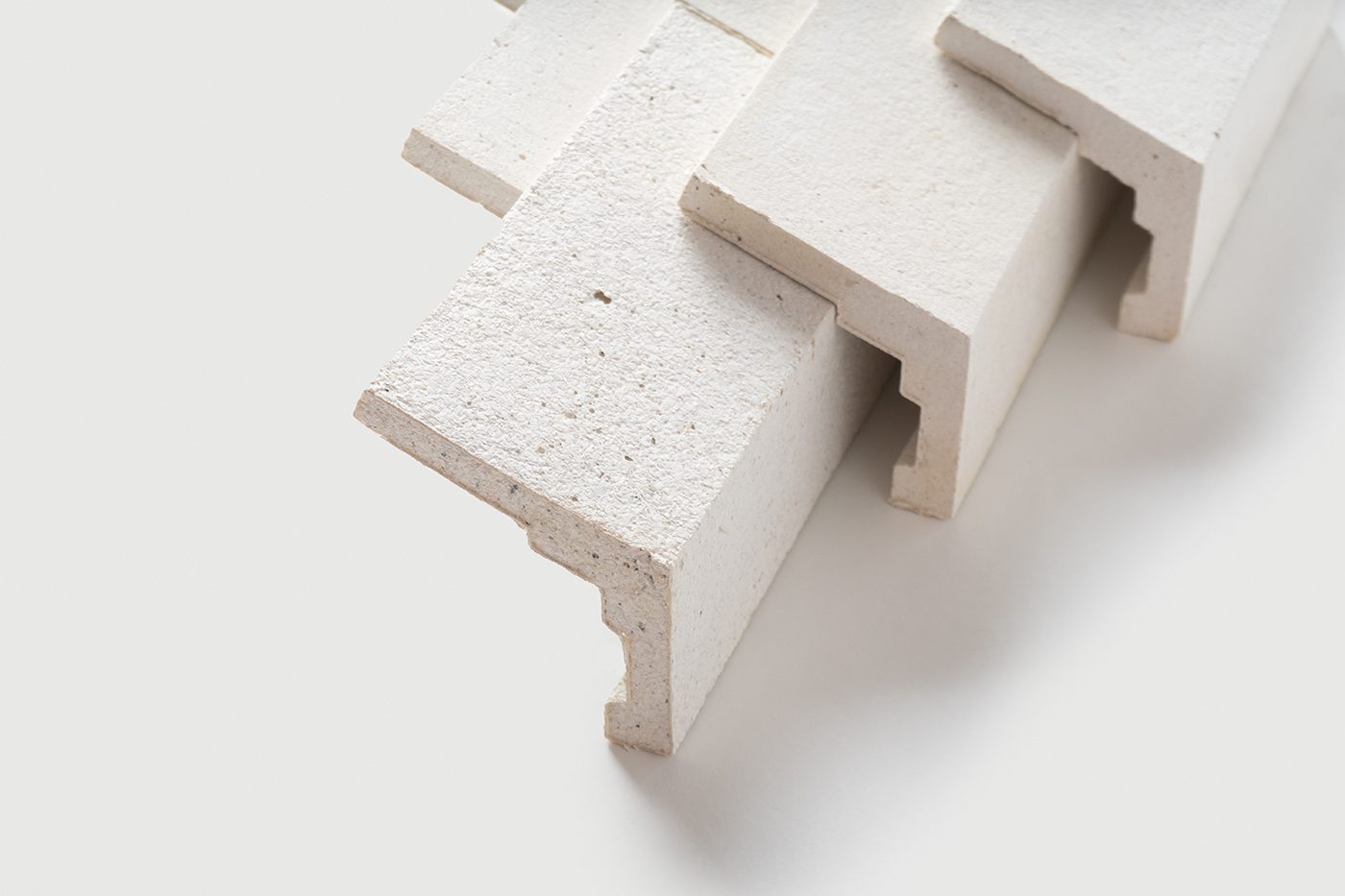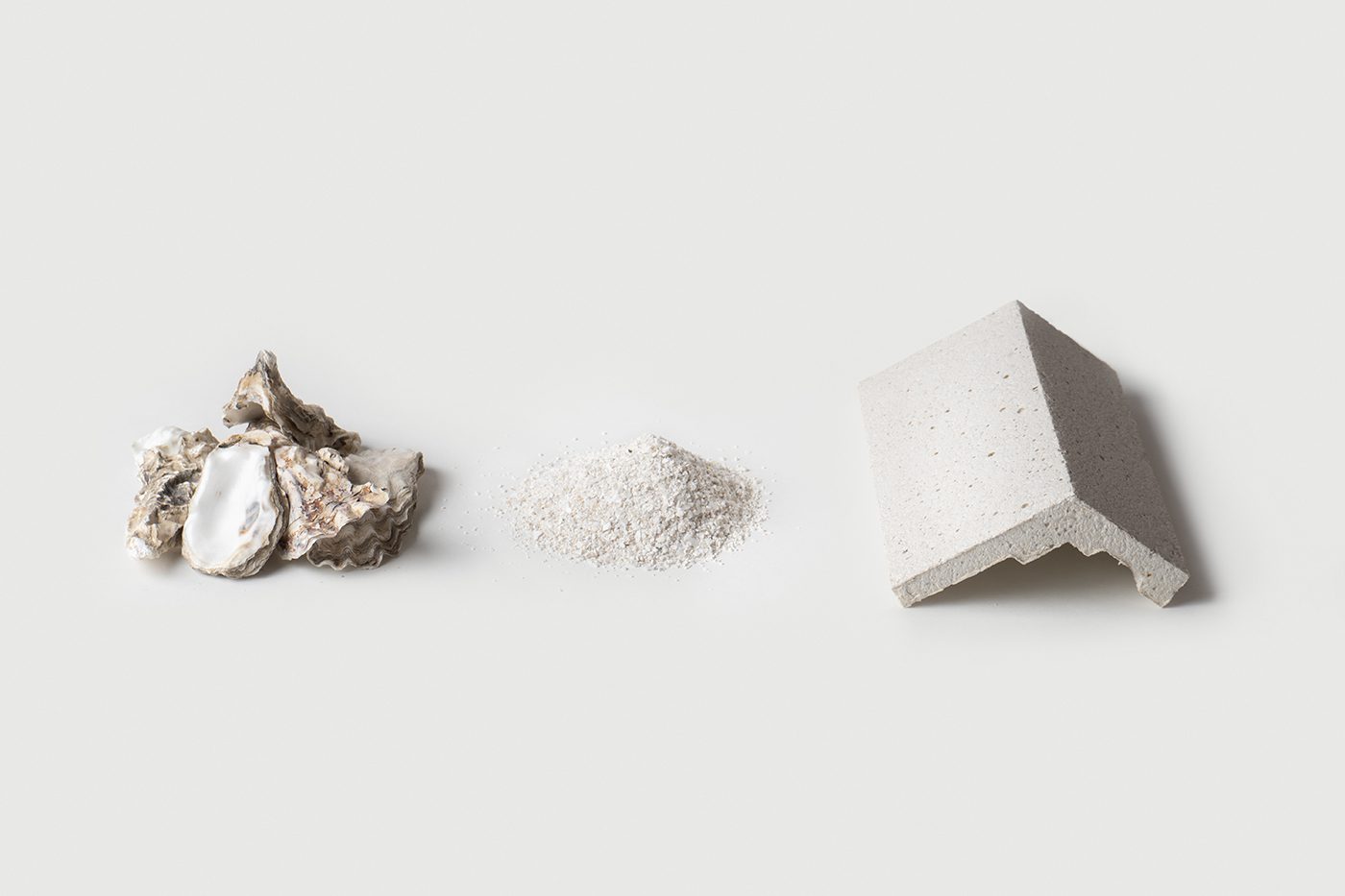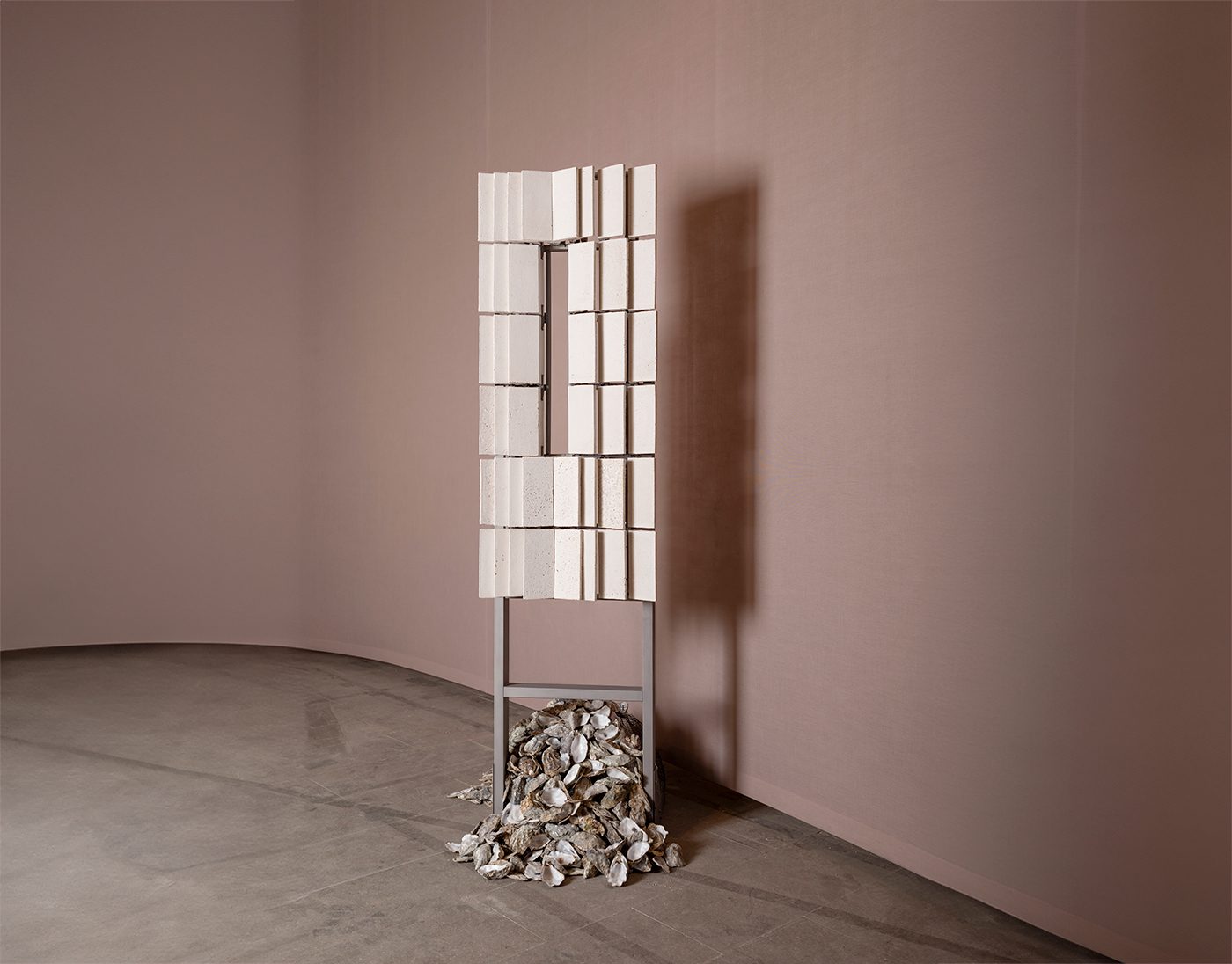Project implementation: Argentina and Germany
Project development: Argentina and Germany
Every year, more than 10 million tons of marine shells—primarily from oysters, clams, scallops, and mussels—are discarded as waste. This project explores how marine resources, often overlooked as byproducts, can serve as a basis for material experimentation in architecture, design, crafts, and science. It highlights innovative practices with materials that redefine the relationship between the built environment and the ecosystems that sustain it.
Spanning multiple scales—from buildings and building elements to materials value chains—the project examines how design can foster new interdependencies between materials, construction, and ecological systems.
At the heart of this exploration is the collaborative research of environmental architect Angie Dub and experimental designer Heidi Jalkh, who are transforming discarded seashells into a sustainable material for the built environment. By combining crushed seashells with algae-based biopolymers, they produce a heat-free bioceramic composed entirely of marine biomass. This practice-based research rethinks bioregional value chains, exploring the potential of marine food waste in urban areas such as Buenos Aires and Berlin, where the designers are based.
Through prototypes, raw materials, molded components, and test samples developed during the research phase, the project provides an in-depth exploration of material transformation from shell to tile.
CONQ presents an emerging modular construction system, illustrating the potential application of this shell-based bioceramic and pointing to future research directions. Furthermore, the material samples showcase the diverse colors and finishes that naturally arise from different shell species, demonstrating the material's inherent variability and the design's balance between mechanical performance and aesthetic versatility.
The project highlights the urgency of transitioning from extractive material practices to regenerative and circular economies. Rather than viewing raw materials as inert, extractable resources, it proposes a systemic and dynamic approach, one that recognizes the deep interconnections between materials, buildings, and the ecosystems that sustain them.




